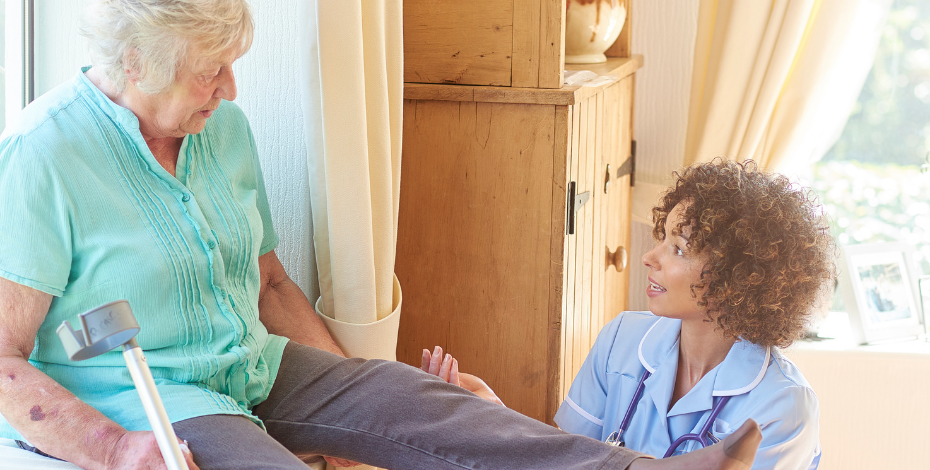
The Australian Physiotherapy Association (APA) has welcomed the Final Report of the Royal Commission into Aged Care Quality and Safety, which identified promoting and maintaining mobility to reduce the risk of life-threatening falls in older people. It has called on the federal government to roll out a comprehensive plan for implementation of its recommendations that has person centred care, not cost centred, as its basis.
The APA made a total of six submissions to the Royal Commission and presented expert evidence on falls prevention programs for both physical and mental wellbeing.
Promoting and maintaining mobility and reducing the risk of life-threatening falls in older people was noted as critical in the final report, which found that access to physiotherapists, who are highly trained and skilled in strength, balance and mobility training, was often lacking in aged care.
The report recognised that “mobility was closely linked with people’s health and their quality of life [and that] poor mobility increased the risk of falls and fall-related injuries due to deconditioning and reduced muscle strength.”
APA National President Scott Willis said, “Falls are the number one cause of preventable death in residential aged care. The lack of investment in falls prevention programs over a long period of time, particularly when there is such strong evidence for their value, is an oversight that has had tragic consequences for too many families.”
“The Royal Commission has rightly identified the critical role that physiotherapists play in aged care. These are highly skilled mobility experts who are literally helping to save and improve lives by ensuring residents are active, mobile and ultimately confident in their movement.”
“We know that mobility programs led by physiotherapists can reduce the number of falls in residential aged care by 55 per cent – the government simply has no excuse not to fund this critical care for older Australians.”
The report also found that those living with incontinence and dementia often received substandard care, which the APA has called out many times.
Mr. Willis said, “Appropriately qualified and experienced health professionals must be employed to provide the complex care and support that these extremely vulnerable people need. We have talked about team-based, holistic care in all health settings for a long time. There’s no more critical place for this to start than in aged care."
-ENDS-
Scott Willis is available for further comment.
For further information, please contact:
Manager, Media and PR
Tel: 03 9092 0838
Email: media@australian.physio
Related tags
